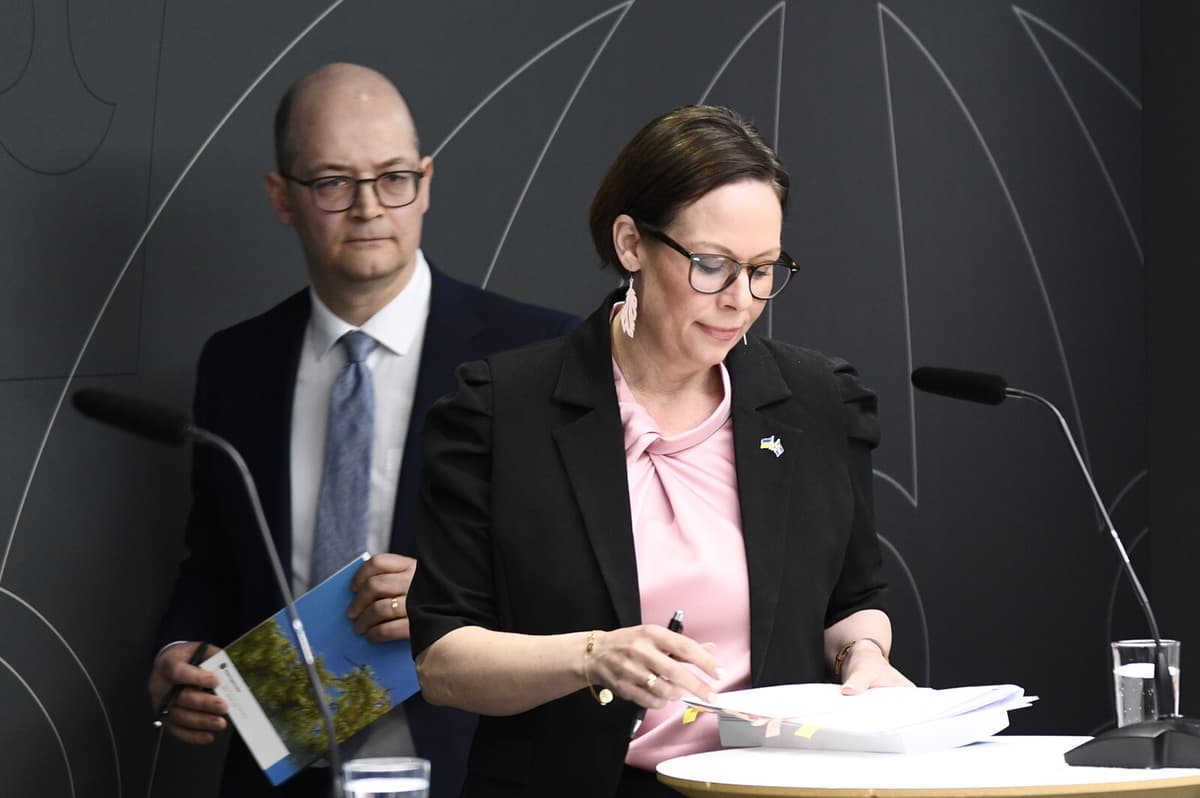In March 2023, 193 countries agreed on an agreement to increase protection for biological diversity in the high seas that do not belong to any state. The agreement, known as the BBNJ agreement, was reached to limit environmental impact on the seas and make it possible to create protected marine areas. In total, these seas account for 95 percent of the global ocean's volume.
The agreement is the most important international environmental agreement since the climate agreement in Paris. It provides a significantly improved opportunity to protect marine ecosystems and biological diversity in the ocean, says Foreign Minister Maria Malmer Stenergard (M) when she receives the report at a press conference on Monday.
Currently, the agreement has been ratified by 21 countries, but for it to come into effect, 60 countries are required. Sweden has not done so yet.
The investigator Martin Nilsson has now presented proposals on what is required for Sweden to take the step and begin implementing it.
According to the report, new regulations on environmental assessments, marine protected areas, and marine genetic resources are required. The report also proposes a new law on protection for biological diversity in high seas areas that do not belong to any state, as well as changes to, among other things, the Environmental Code.
Environmental organizations, including Greenpeace, have criticized the government for dragging out the process of joining the agreement.






